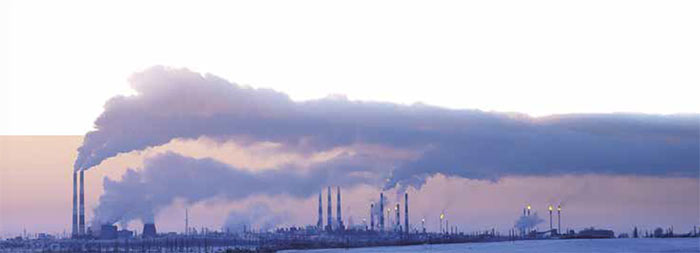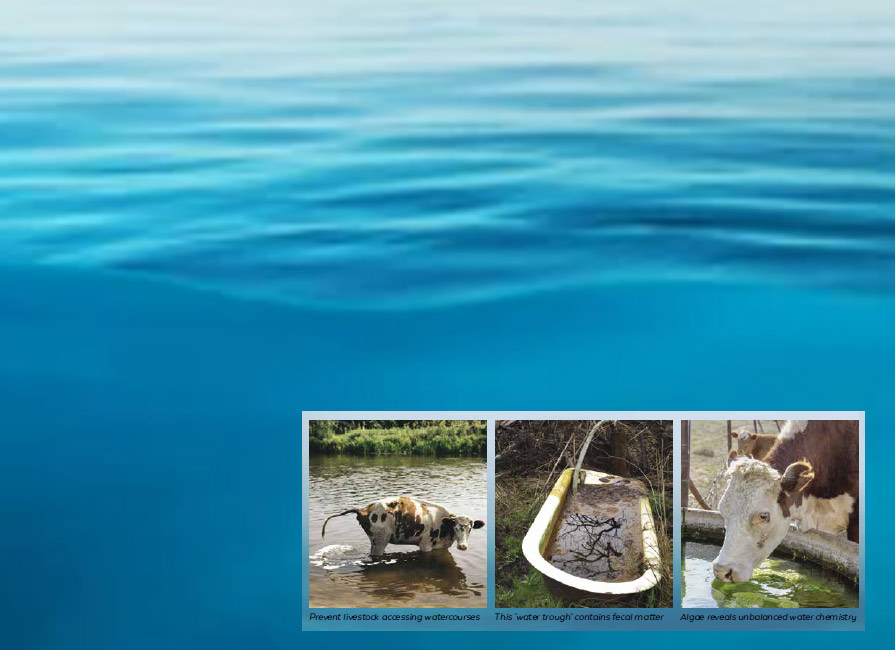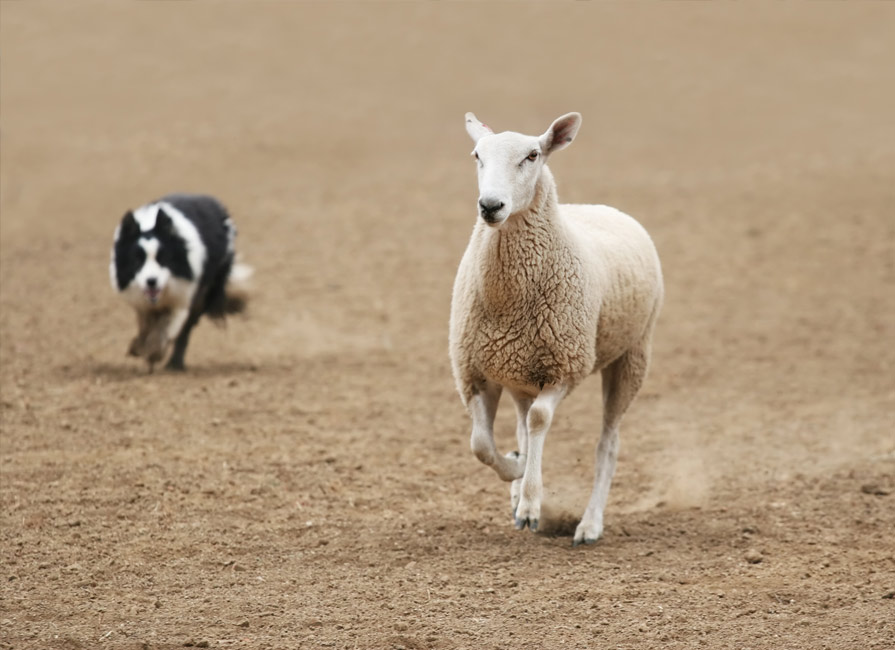Water is arguably the most important nutrient on earth. It is “the universal solvent,” providing…

Mythane
Methane emissions from the industrial sector have been vastly underestimated, according to new research from Cornell University and the Environmental Defense Fund.
Published in Elementa, researchers equipped a Google Street View car with a high-precision methane sensor and discovered that total annual methane emissions from ammonia fertiliser plants were 28 gigagrams—over 100 times higher than the fertiliser industry’s self-reported estimate of 0.2 gigagrams per year. In addition, the measured emissions alone far exceed the EPA’s estimate for all industrial processes in the U.S. of 8 gigagrams of methane per year.
“We took one small industry that most people have never heard of and found that its methane emissions were three times higher than the EPA assumed was emitted by all industrial production in the United States,” said Professor John Albertson of Cornell University. “It shows that there’s a huge gap between a priori estimates and real-world measurements.”
Many campaigners have repeatedly accused the cattle industry of being the main culprit for increased global methane emissions and a leading cause of climate change, without differentiating between production systems, while promoting plant-based diets and white meat as the most sustainable dietary options. Yet this study reveals that fertiliser production and use is the root cause—and the data behind such dietary advice is wrong.
“While there is no question that agriculture is still a major contributor to global GHG emissions, and many of its climate change-contributing factors must come to an immediate end, the need for clarity over greenhouse gas emissions of different livestock systems is more important than ever,” argues Andrew Gunther, AGW’s Executive Director.
“When it comes to livestock production, we have long argued that well-managed grazing animals will not only contribute towards feeding the world sustainably but can help mitigate climate change through carbon sequestration.”
“All of the environmental footprint studies will need recalculating. Once pasture-based ruminant systems—raised on grass without synthetic fertiliser—are accurately assessed, I predict we will find that intensively produced chicken and pork and some plant products are top line polluters. Sustainable diets are hugely complicated, but we have to get it right,” Gunther adds.



